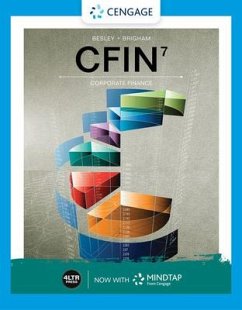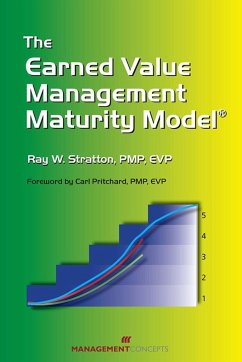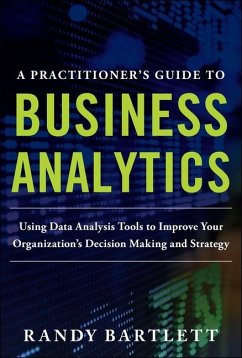
Economy, Welfare, and Reforms in Pakistan. Essays in Honour of Dr Ishrat Husain
Versandkostenfrei!
Versandfertig in über 4 Wochen
15,99 €
inkl. MwSt.

PAYBACK Punkte
8 °P sammeln!
This volume presents diverse perspectives under the theme of Economy, Welfare and Reforms in Pakistan. The editors have brought together leading economists and social scientists from Pakistan and abroad, who have contributed here towards festschrift essays in honour of Dr Ishrat Husain. The discussion focuses on the current economic issues, challenges faced by various economic sectors and regions across the country, and possible solutions keeping in view an uncertain global and regional milieu. A key objective is to highlight how Dr Husain was able to contribute towards economic policy-making ...
This volume presents diverse perspectives under the theme of Economy, Welfare and Reforms in Pakistan. The editors have brought together leading economists and social scientists from Pakistan and abroad, who have contributed here towards festschrift essays in honour of Dr Ishrat Husain. The discussion focuses on the current economic issues, challenges faced by various economic sectors and regions across the country, and possible solutions keeping in view an uncertain global and regional milieu. A key objective is to highlight how Dr Husain was able to contribute towards economic policy-making and economic management in the country. Learnings from his work and contribution will also offer insights for reform of important institutions in the country. This text will serve as a key knowledge product for the coming generation of policy economists and academics in Pakistan and the region.












